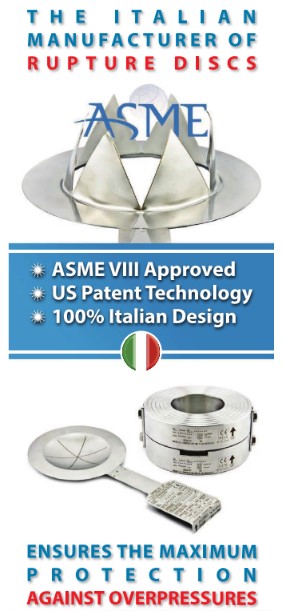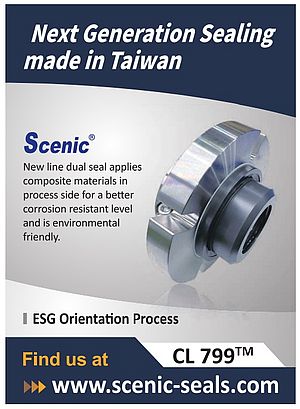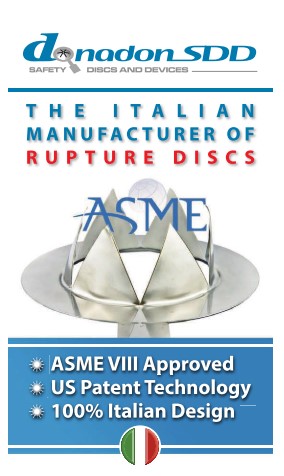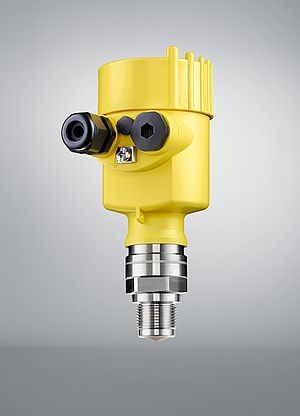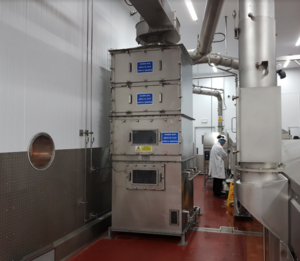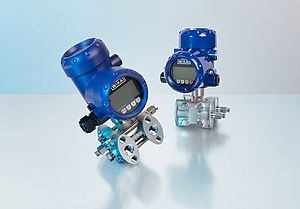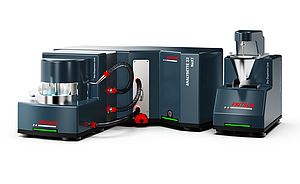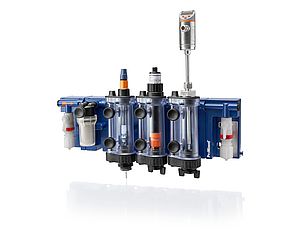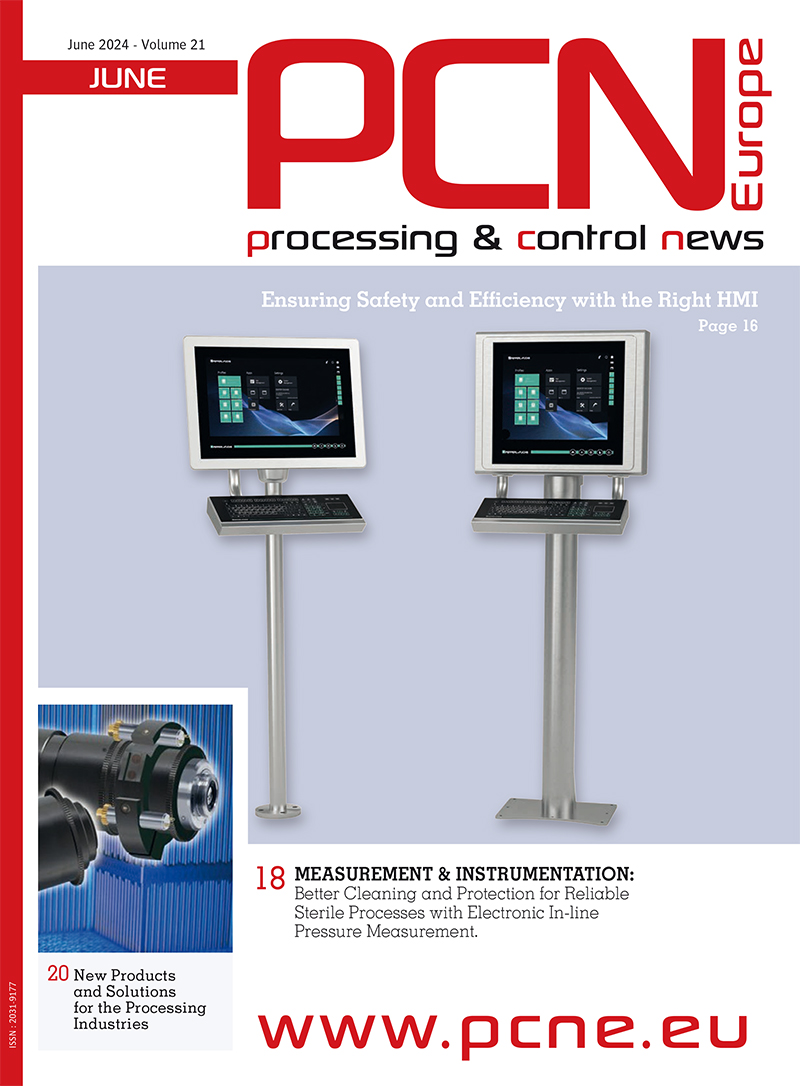A working group comprising Snam, RINA, Bormioli Luigi, Bormioli Rocco, STARA GLASS, UNI.GE., Stazione Sperimentale del Vetro, IFRF Italia, SGRPRO and RJC SOFT has begun a collaboration aimed at reducing emissions in the glass industry through hydrogen.
The manufacture of glass objects, of which Italy is the second-largest producer in Europe with over 5 million tonnes per year, is energy-intensive and difficult to power with electricity. To this end, the ‘Divina’ project (Decarbonisation of the Glass Industry: Hydrogen and New Equipment), co-ordinated by Snam, RINA and Bormioli, aims to reduce emissions in the glass melting stage, which accounts for more than 50% of total energy consumption throughout the production process.
Powering energy-intensive industries
In this regard, the availability of an energy source such as hydrogen can provide a viable solution by optimising its use in terms of energy and emissions and managing production and transport challenges.
Snam CEO Marco Alverà said: “Hydrogen will play a key role in decarbonising energy-intensive sectors such as glass production in order to meet domestic and European climate targets. This project complements what we are already doing in the steel, rail transport and ceramics sectors. Snam will be able to draw on its infrastructure and expertise to facilitate the introduction of hydrogen in industry, bringing benefits in terms of economic growth.”
Ugo Salerno, President and CEO of RINA, commented: “We are continuing to work with Snam and other companies to contribute to the ecological transition of the major energy-intensive chains. Following the first test with a mix of natural gas and 30% hydrogen in steel processing that we carried out in May, our expertise and laboratories are also being used for the ‘Divina’ project, an important milestone towards the decarbonisation of another of the most significant sectors in the Italian economy.”
Vincenzo Di Giuseppantonio, CEO of the Bormioli Luigi Group, remarked: “As heirs to one of Europe’s oldest industrial traditions, high-quality glass production, we want to play a leading role in the decarbonisation of our industry, which is classified as hard-to-abate. The partnership with leading players in the energy sector, the glass industry and academia makes the Divina project a sound and concrete proposal for a path to green transition and sustainability.”
Evaluation and optimaisation of industrial production settings
The initiative will make it possible, in the short to medium term, to assess the results of introducing an increasing proportion of hydrogen blended with natural gas into existing melting furnaces operating under regular production conditions. Testing significant quantities of hydrogen on operational furnaces will be an opportunity to evaluate the compatibility of hydrogen combustion with glass material in real industrial production contexts following appropriate testing in laboratories.
Today, the main energy source used by glassworks is natural gas and CO2 emissions amount to around 1,500,000 tonnes per year: overall, around 3.5% of the emissions of the entire manufacturing industry. Nationwide use of a 30% hydrogen blend in glass melting processes would reduce emissions by 200,000 tonnes, equivalent to the emissions of around 100,000 cars.
The project will also define and subsequently optimise the design rules for future furnaces – so-called ‘Furnaces 4.0’ –, which can guarantee the best performance even with higher hydrogen percentages up to 100%. The all-Italian working group represents the entire value chain since it involves specialists in the energy sector, top-level glass groups, fuel production and transport operators, leading companies in certification and integration of complex systems, companies that design glass melting furnaces as well as university and research centres.

















